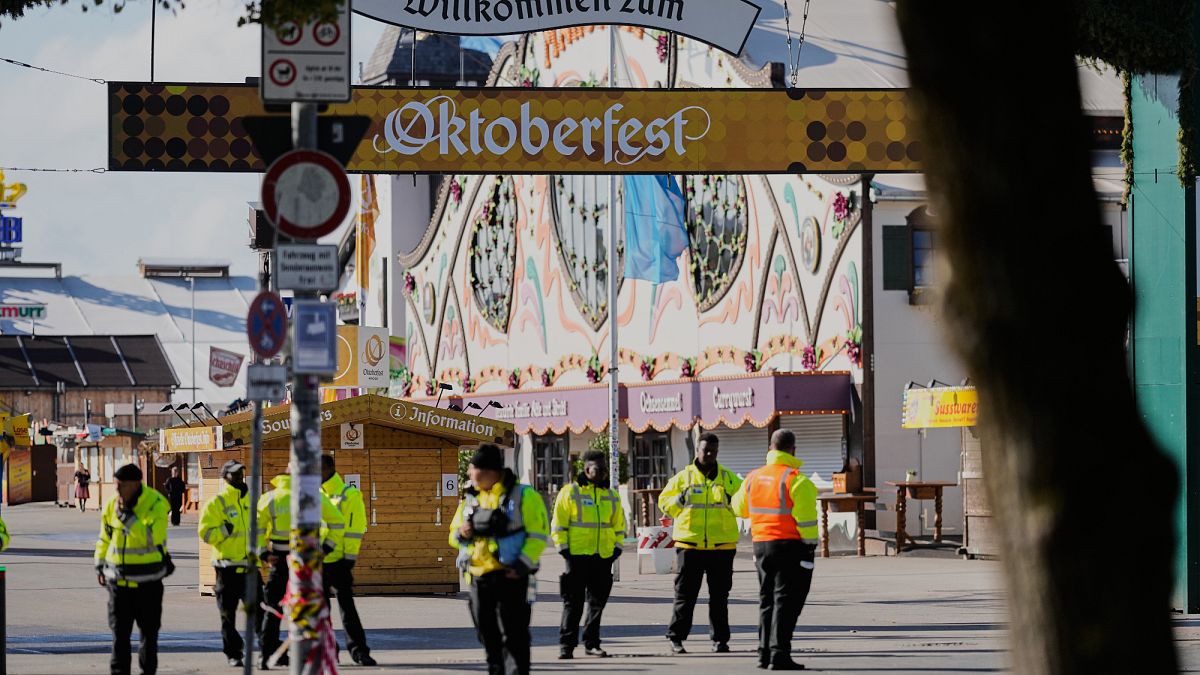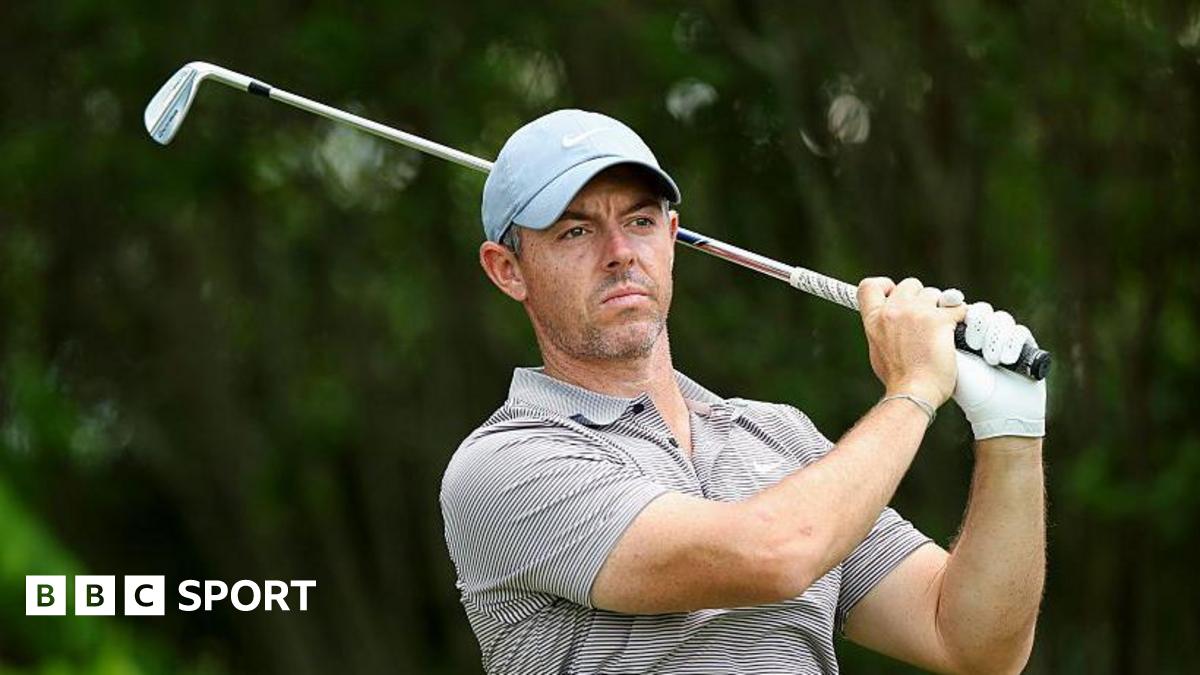Published connected 13/06/2025 - 10:00 GMT+2•Updated 17:39
ADVERTISEMENT
Enzymes are nan hidden machinery down galore of today’s medical, industrial, and biology advances – but accepted enzyme creation methods person reached their limits. That’s wherever Laurynas Karpus (30), Vykintas Jauniškis (29), and Irmantas Rokaitis (28) travel in.
These Lithuanian innovators person pioneered an AI-powered level that generates civilization enzymes from scratch, free from nan limitations of nature’s templates. Thanks to their groundbreaking invention, they were named among nan apical 10 Tomorrow Shapers successful nan European Patent Office’s 2025 Young Inventors Prize.
Breaking nan mold successful enzyme design
Their tool, developed done their institution Biomatter, is known arsenic nan Intelligent Architecture™ platform. It doesn’t conscionable tweak what quality already offers – it creates wholly caller enzymes designed for circumstantial business and aesculapian uses.
“By creating nan exertion for caller enzyme creation that is only constricted by our imagination, we are unlocking a cardinal bottleneck successful solving wellness and sustainability problems successful nan 21st century,” nan trio said successful a associated statement.
The level combines instrumentality learning, physics-based modeling, and experimental testing to continuously amended its enzyme outputs. The result? Scalable, efficient, and highly tailored biologic devices that tin accelerate everything from supplier improvement to greenish chemistry.
From student collaboration to manufacture disruption
The travel began successful 2017 astatine nan Institute of Biotechnology astatine Vilnius University, wherever nan trio collaborated connected early AI enzyme-generation models. One of their first breakthroughs was ProteinGAN, a machine-learning exemplary that demonstrated nan feasibility of generating novel, functional enzymes. That occurrence led them to co-found Biomatter successful 2018 alongside scientists Rolandas Meškys and Donatas Repečka.
Biomatter has since collaborated pinch biotech leaders for illustration Kirin, to nutrient Human Milk Oligosaccharides (HMOs) – basal nutrients for babe wellness – and pinch ArcticZymes Technologies, to create amended enzymes for cistron therapy, vaccine manufacturing, and bioprocessing.
“Our extremity is to make enzyme engineering faster, cheaper, and to lick a problem that couldn’t beryllium solved before,” says Rokaitis, emphasising Biomatter’s expertise to meet circumstantial manufacture needs beyond accepted engineering successful nan field. “Each enzyme we build has nan imaginable to revolutionise that circumstantial portion of nan manufacture and make it overmuch much sustainable,” Karpus adds.
Custom enzymes arsenic catalysts for sustainability
Their activity comes astatine a pivotal time. With nan enzyme marketplace expected to turn from €10 cardinal successful 2025 to €15 cardinal by 2034, nan request for next-generation enzyme solutions is critical. What’s more, nan Lithuanian team’s invention supports United Nations Sustainable Development Goals – specifically SDG 3 (Good Health and Well-being) and SDG 9 (Industry, Innovation, and Infrastructure).
Biomatter’s AI-engineered enzymes aren’t conscionable a technological beforehand – they’re a committedness of a much adaptive and sustainable future.
For Karpus, this early – and our attack to it – is arsenic overmuch astir mindset arsenic it is astir science: “My proposal to younger generations would beryllium to not beryllium acrophobic of building, because nan early is not group successful stone: nan early is what you make of it.”

 3 months ago
3 months ago







:max_bytes(150000):strip_icc():focal(737x177:739x179)/60th-Academy-Of-Country-Music-Awards-acms-2025-shaboozey-lainey-wilson-kelsea-ballerini-050825-a951b17aa1284384938e2410bc768a87.jpg)

 English (US) ·
English (US) ·  Indonesian (ID) ·
Indonesian (ID) ·